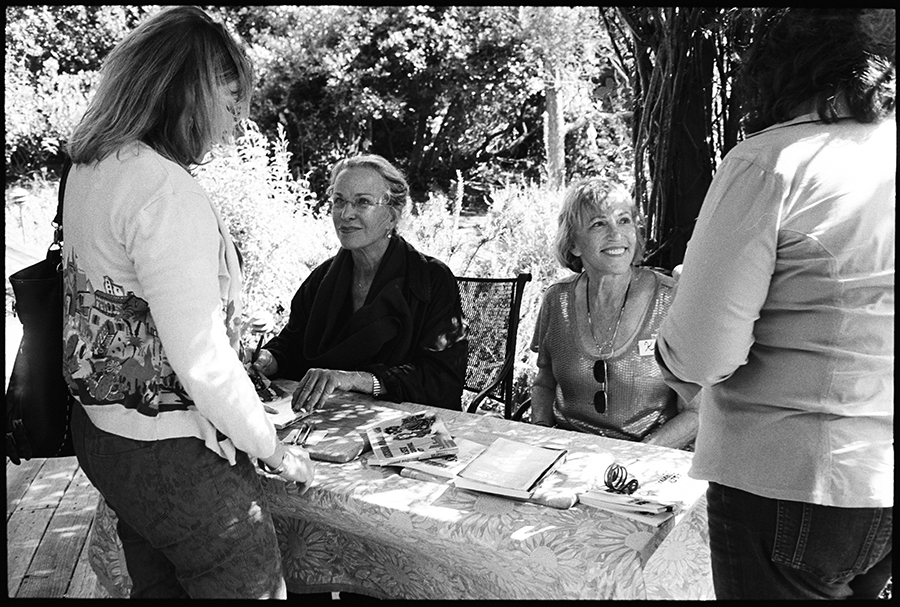Over two decades ago, Kim Chernin and Renate Stendhal co-wrote a book, “Sex and Other Sacred Games,” a story loosely based on their years . . .
On keeping the flame lit in lesbian marriage, Chernin and Stendhal are experts


Over two decades ago, Kim Chernin and Renate Stendhal co-wrote a book, “Sex and Other Sacred Games,” a story loosely based on their years . . .